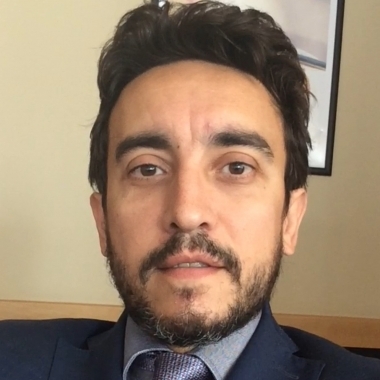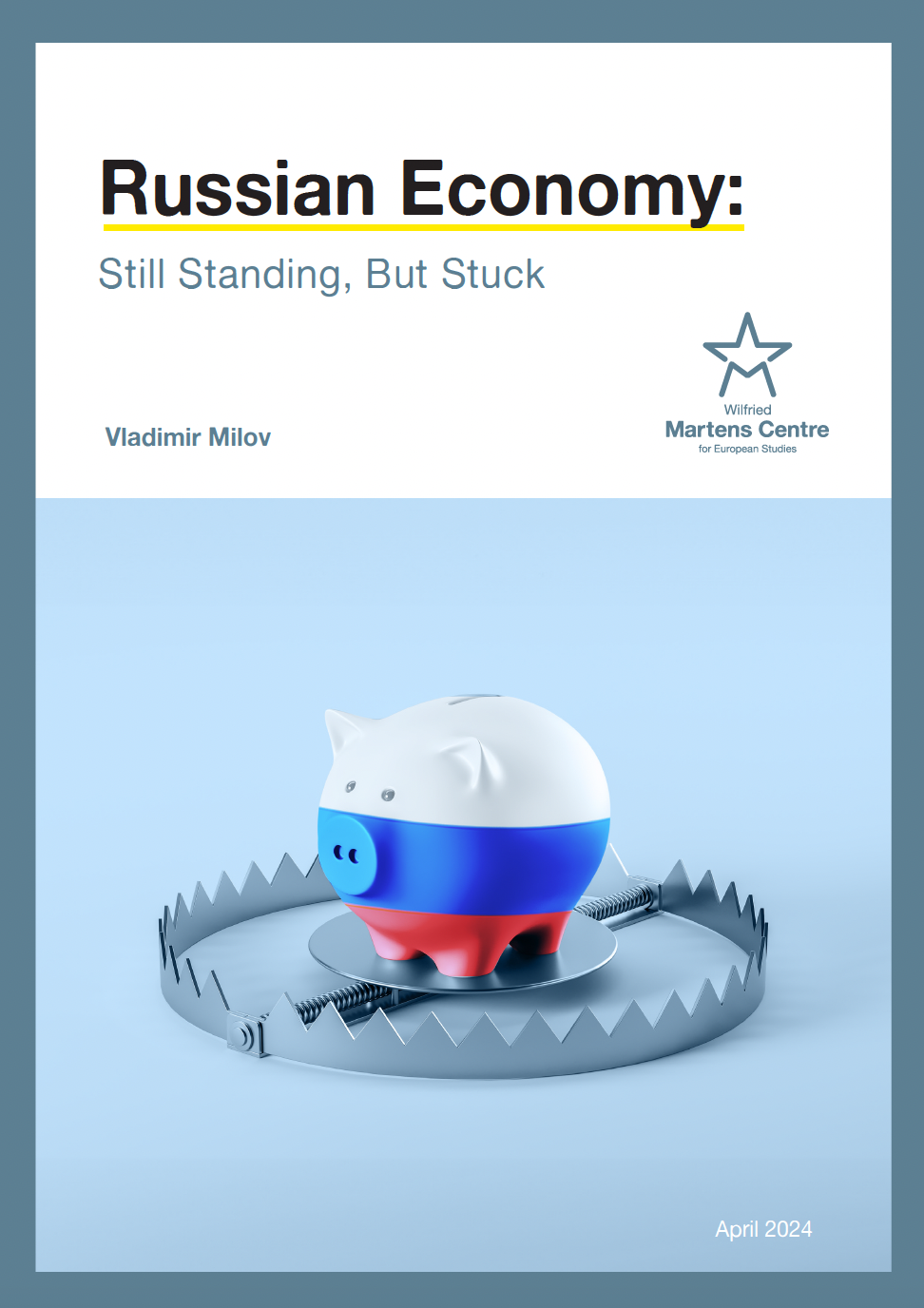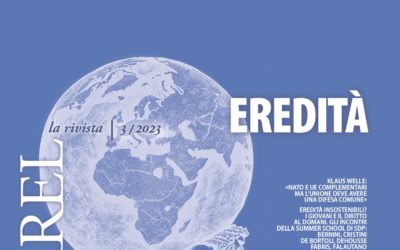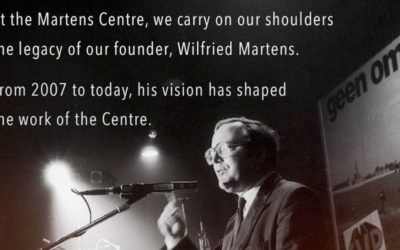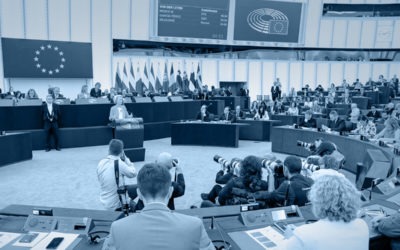The fifth freedom: transforming the single market
18 February 2014
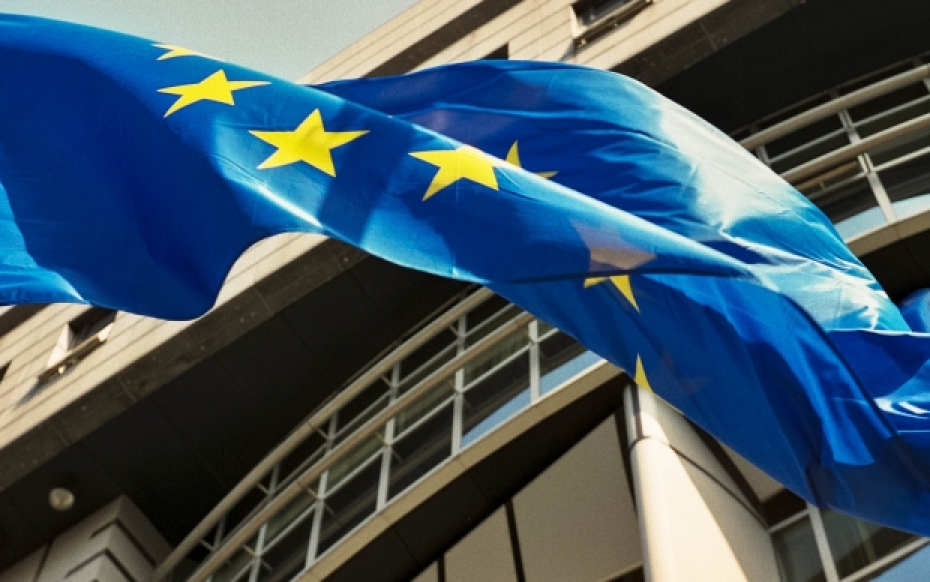
The referendum against “mass immigration” in Switzerland has reminded us of the importance of the principle of freedom of movement at the heart of the Single Market. The principle is based on four pillars or freedoms – goods, people, capital and services. However, there is another pillar which has been overlooked but is intrinsic to the principle, one that we often use to justify the other four freedoms – the freedom of knowledge.
This fifth pillar is not a new concept. Janez Potočnik, the former European Commissioner for Science and Research, introduced the idea. Potočnik identified that lack of cooperation between member states on R&D rendered the European Research Area less dynamic. He argued that there should be greater synergy across national borders, reducing costs, promoting economic growth and job creation.
To me it always seemed that the idea went a bit beyond what Potočnik had in mind. Knowledge is not limited to R&D, technology and science. It includes culture and the arts. The fifth freedom offers us a way to think about knowledge which is free from many of its traditional limitations.
We cannot speak of a fifth freedom without taking into account the digital economy, which is of course key to innovation – making it faster and borderless. Telecommunications, high speed internet and services are integral to the economy. However, this sector is not getting the investment it needs, gravely increasing our competitiveness gap with other markets such as the US and Asia. A recent study [http://ces.tc/1nJnm5W ] estimates that by 2020, if the current year-on-year drop in investment in the telecoms market continues, Europe will not meet its EU Digital Agenda targets for broadband coverage and penetration. We will find ourselves having missed a huge opportunity for the broader EU economy.
A new approach to the digital economy and smarter EU funding will make Europe more competitive and unlock further investment.
Strengthen links
Too much funding might be distributed to duplicate research or funding may be mismatched [http://ces.tc/1gyTKrH ]– i.e. it might go to a region that lacks know-how in one area, instead of going to a stronger region unaware of available funds. Creating meaningful consortiums by bridging universities, research institutions and businesses will help fill these unnecessary overlaps and gaps. You can do this by investing in facilities that enhance the transfer of knowledge between institutions. The exchange of cultural experiences and skills can unlock further funding, investment and ideas.
Knowledge mobility
Member states, research bodies, universities and EU institutions can facilitate knowledge mobility:
• Member states could reform laws by making them innovation friendly. They could offer tax incentives to innovative enterprises similar to tax breaks for low emission vehicles [http://ces.tc/1nJnHWl ]. Member states should also agree to harmonise telecoms regulation at the EU level, unlocking wasted money for much needed investment in technology and increasing innovative capacity.
• As part of the new EU’s research programme Horizon 2020, designed to make Europe a more competitive economy, the EU could simplify bureaucracy for funding applicants and also help identify partners – the EUapp report [http://ces.tc/1m4sx1j ] is a good example of EU support aimed at finding opportunities in the digital economy.
• Universities and research institutions should raise the awareness of European organisations in these areas and work in collaboration with other universities on specific projects and look to partner with private enterprises. This in turn, will help them gain international recognition. Consortiums may be more appealing for investors, like multinationals looking for breakthrough ideas. Microsoft [http://ces.tc/1jN2OfC ] alone spends $10 billion per year just on R&D.
David Bohm famously conceived of knowledge as the stream of thought flowing among, through and between us. The freedom of knowledge is an ideal high enough and noble enough for all Europeans.
ENJOYING THIS CONTENT?


